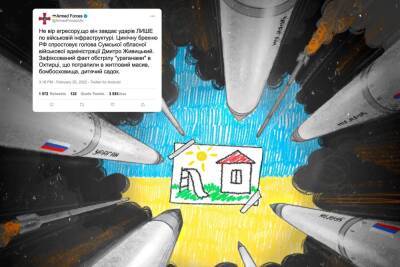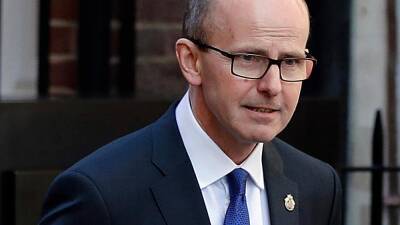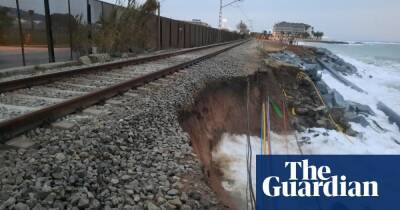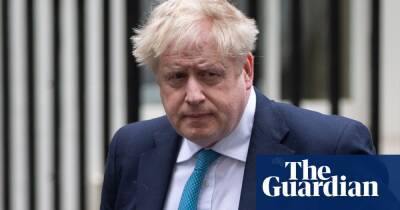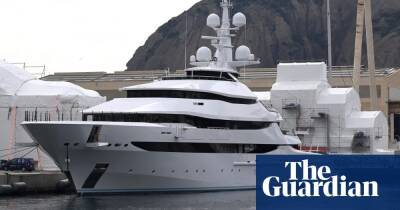Why does UK seem so slow at acting against Putin’s oligarchs?
The world has watched as France and Germany have seized superyachts to prevent their oligarch owners evading sanctions imposed after the invasion of Ukraine. Yet – to the bemusement of allies – in Britain it is still legal for Russian-linked businessmen to sell their assets.
MPs from Labour leader Sir Keir Starmer to Conservative party backbenchers lined up on Wednesday to ask Boris Johnson why the government has not yet personally targeted many of the individuals who have grown rich under Vladimir Putin.
In private, EU governments are also trying to work out why the UK has been slow to act, and Frans Timmermans, the European Commission’s first vice-president on Thursday hinted at the frustrations in public.
Johnson has promised to publish a list of people in Britain deemed to have links with Putin’s regime, while cabinet minister Michael Gove is reported to be in favour of seizing homes and offering them as housing to Ukrainian refugees.
Yet for the moment, there is no sign of any further concrete action against the oligarchs. What are the reasons why the government may be dragging its feet?
There is a persistent sense among anti-corruption experts that exposing dirty money flowing through the UK – and particularly through London – is not a high political priority.
“Even without the invasion, with Russia I think this government has been caught on the back foot,” said Tom Keatinge, a financial crime expert at Rusi, a thinktank. “I just think it is something the prime minister has not ever thought he needed to focus on.”
Whitehall sources stress there is now significant political will to change the UK’s status as a haven for oligarchs – including internal pressure from senior cabinet ministers.
But the Conservative party will
Read more on theguardian.com



